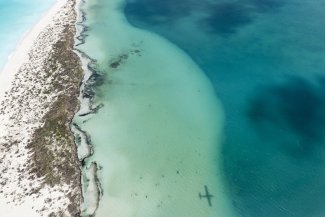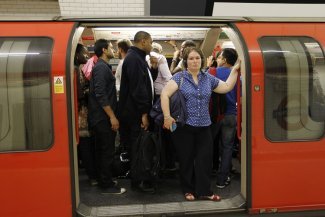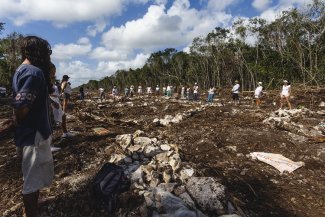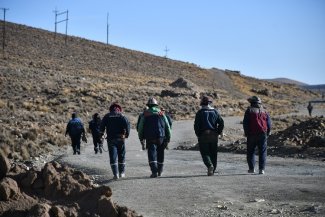Travellers at Schiphol Airport in the Netherlands in early July 2022.
Should going on holiday be a privilege? What is the value of the free time we have these days? Who benefits when travelling is cheap, whether it’s thanks to an abundance of available accommodation or a reduction in travel costs? Are sustainable development and respect for the rights of Indigenous peoples compatible with mega tourism projects? The articles we’ve compiled for your summer reading explore all of these questions and more.
Mexico needs more holidays
By Gerard Soler

In Mexico, going on holiday is a privilege that remains out of the reach of most workers.
According to the country’s Federal Labour Law, which dates from 1970, Mexican workers are entitled to six vacation days after the first year of service, which is increased by two days for each subsequent year, up to a maximum of 12.
According to World Policy Center statistics, these six initial days of annual paid leave make Mexico one of the countries with the least paid holidays in the world. But things are beginning to change. The boom in teleworking triggered by the Covid-19 pandemic has highlighted the importance of mental health in the workplace and initial steps are being taken to change a work culture characterised by long hours in the office and low productivity.
Read the full article on Equal Times
There is no quick fix to the current aviation industry crisis
By Eoin Coates
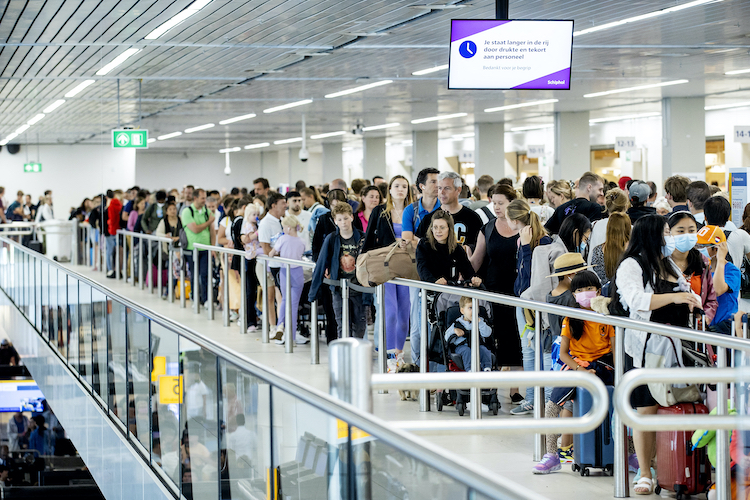
OPINION | In spring 2020, the world was hit by both the Covid-19 pandemic and an unprecedented wave of economic disruption. All sectors of the economy were affected, but none more so than the aviation industry.
Pre-Covid, a legacy of glamour still resonated amongst the travelling public, who had visions of cabin crew and pilots who travelled the world in manicured uniforms, just as they did in the 1960s. Many still believed that the aviation industry was a good place to work and in some cases, it was. Most of the time, however, the ‘Pan Am effect’ of glamourisation only served to cover up the deep scars of liberalisation that the sector had endured for decades.
Read the full article on Equal Times
Time has lost its value – how can we get it back?
By María José Carmona

Time is like a box of screws. Pure merchandise. It has been that way ever since clocks came down from the bell towers and entered the factories.
We sell our time to our bosses, we use it to pay the bills, for our food and little luxuries. We do not lose time, we waste it or sell it for less than it is worth. At times, in return for inadequate wages. At others, in exchange for precarious, irregular hours of work that are difficult to reconcile with our personal and family lives.
“Precarity in relation to time is rising and is manifested by the increasing inability to predict your working hours. People have very little control over their time, they can’t plan their lives and it affects their sleep, their eating patterns, their health, and increases the level of conflict within the family,” explains Tomás Cano, sociologist and researcher at the Goethe University of Frankfurt.
Read the full article on Equal Times
Civil society raises the alarm over Mandalika, Indonesia’s US$3 billion tourism project
By Nithin Coca
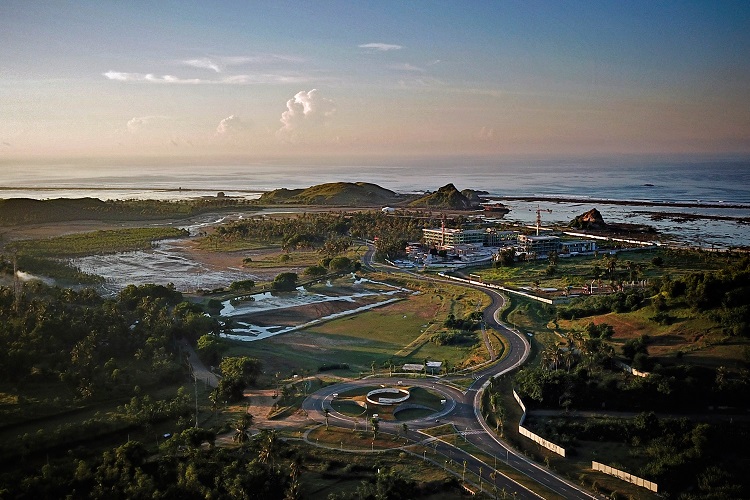
A tourism development project in Indonesia backed by the Beijing-based Asian Infrastructure Investment Bank (AIIB), is being criticised for enabling human rights violations against locals and Indigenous peoples, and for, so far, failing to take meaningful action in response to civil society and community concerns.
“It speaks volumes that AIIB’s first standalone project in Indonesia had to become a public stain for the bank to engage in a substantive – albeit faulty – response,” says Wawa Wang, a senior adviser at VedvarendeEnergi, a Danish NGO focusing on development and environmental issues.
The Mandalika project, located on the island of Lombok, is one of the ‘10 New Balis’ initiatives announced by the Indonesian president Joko Widodo in 2017, to build tourism hubs across the country to attract both foreign investment and tourists. The AIIB is a key funder in the US$3 billion project.




